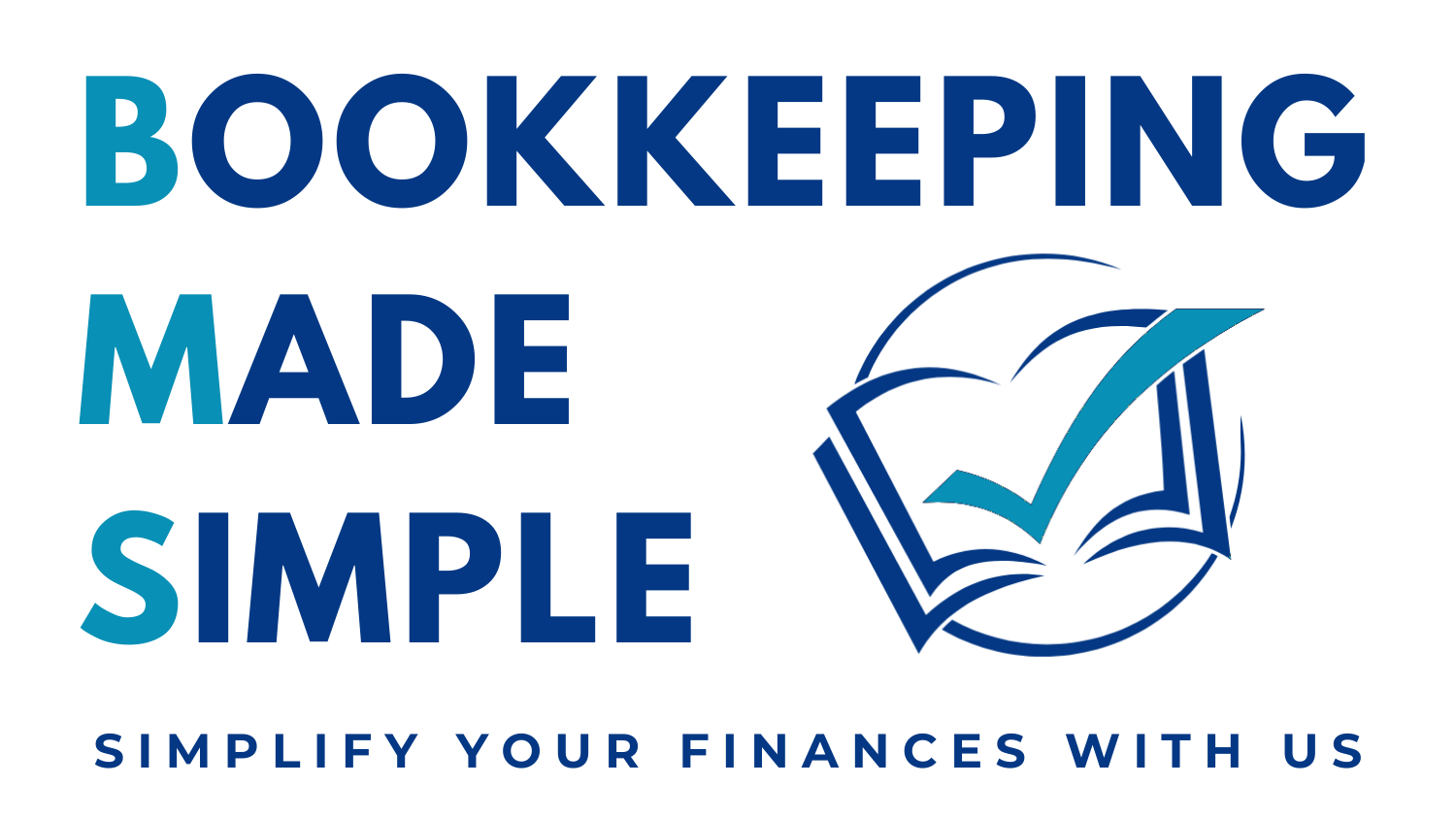How to Find a Bookkeeper in NJ: Tips for Small Business Owners
As a small business owner, managing your books is crucial; it ensures your business stays afloat, grows, and stays compliant with tax laws. One of the most important decisions you’ll make is whether to handle accounting on your own or find a bookkeeper who can take this responsibility off your plate. Here's how you can find a trusted expert to help with accounting for your small business.
Why You Need a Professional Bookkeeper
At first glance, bookkeeping might seem simple, but the reality is far more complex. Business owners often underestimate the amount of time, knowledge, and attention to detail it takes to manage accounts, invoices, payroll, and tax filings. Handling these tasks without expertise can lead to mistakes, missed opportunities, and financial mismanagement.
A professional bookkeeper ensures that your business finances are organized, accurate, and up-to-date. With their expertise, you can focus more on growing your business, rather than crunching numbers all day. But how do you find the right bookkeeper for your needs?
Start by Defining Your Needs
Before you begin your search to find a bookkeeper in NJ, you need to assess the specific needs of your business. Do you need someone with experience in tax filing or financial reporting? Being clear about your needs from the start will help you narrow down your options and find the best fit.
As a small business owner, you might require someone who understands not just bookkeeping, but also how to optimize tax deductions, manage cash flow, and provide insight into the financial health of your company. Create a list of tasks you expect your bookkeeper to handle, such as payroll management, account reconciliation, financial reporting, or preparing for tax season.
Check Qualifications and Experience
Finding a qualified bookkeeper is a critical step. While there are many bookkeepers out there, you’ll want to ensure the one you hire has the right experience and qualifications. Look for someone with a background in accounting or finance, and check for certifications like the Certified Public Bookkeeper (CPA) or Certified QuickBooks ProAdvisor. These credentials show that they have passed rigorous tests and maintain high standards of practice.
Another consideration is industry experience. Does the bookkeeper have experience working with small businesses in your industry? Industry-specific knowledge can make a huge difference when it comes to understanding your unique financial challenges.
Ask for Referrals
One of the best ways to find a reliable bookkeeper is through referrals. Ask fellow small business owners, accountants, or local business networks for recommendations. Word of mouth can often lead you to trustworthy professionals who are highly skilled and well-reviewed.
If you don’t have referrals in your immediate circle, take the time to read online reviews or check out local business directories. Social media groups for small business owners can also be a goldmine for finding recommendations and avoiding mistakes.
Evaluate the Fit
Once you’ve narrowed down your options, set up interviews or consultations to gauge whether a potential bookkeeper is the right fit for your business. Assess how well they communicate, their understanding of your needs, and their approach to handling your books. Are they proactive and organized? Do they offer suggestions on improving your business’s financial standing?
Don’t be afraid to ask about their experience with accounting for small business owners and their approach to staying updated with tax laws and accounting best practices. A good bookkeeper will be someone who is committed to maintaining transparency and building a long-term relationship with your business.
Understand the Cost and Services
Bookkeeping rates can vary widely depending on experience, complexity of services, and location. Make sure to discuss pricing upfront to avoid misunderstandings later. Some bookkeepers charge hourly, while others may offer flat-rate packages based on the scope of services.
If you're in the market for accounting for small business owners, you might find that a more experienced bookkeeper or firm offers a range of services, such as tax filings, financial statements, and CFO-level advice. However, you’ll want to balance your budget with the expertise you require to ensure you're getting the best value.
Conclusion: Making the Right Choice for Your Business’s Financial Future
By following these tips, you’ll be well on your way to finding a professional who can manage your finances with precision and care. For those in search of cost-effective bookkeeping solutions, partnering with a professional service like Bookkeeping Made Simple, LLC can provide you with personalized financial accounting solutions designed specifically for small and mid-sized businesses.
Don’t wait for a financial mishap to occur—start looking to find a bookkeeper in NJ who aligns with your needs today. With the right partner, your business can thrive and grow without the stress of managing the books yourself.

